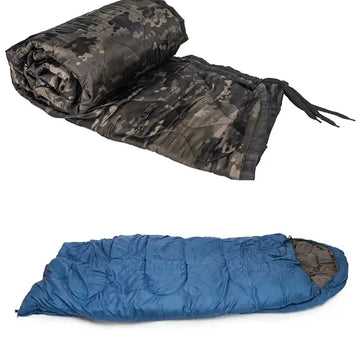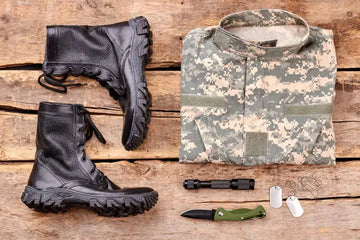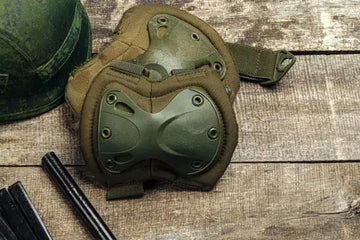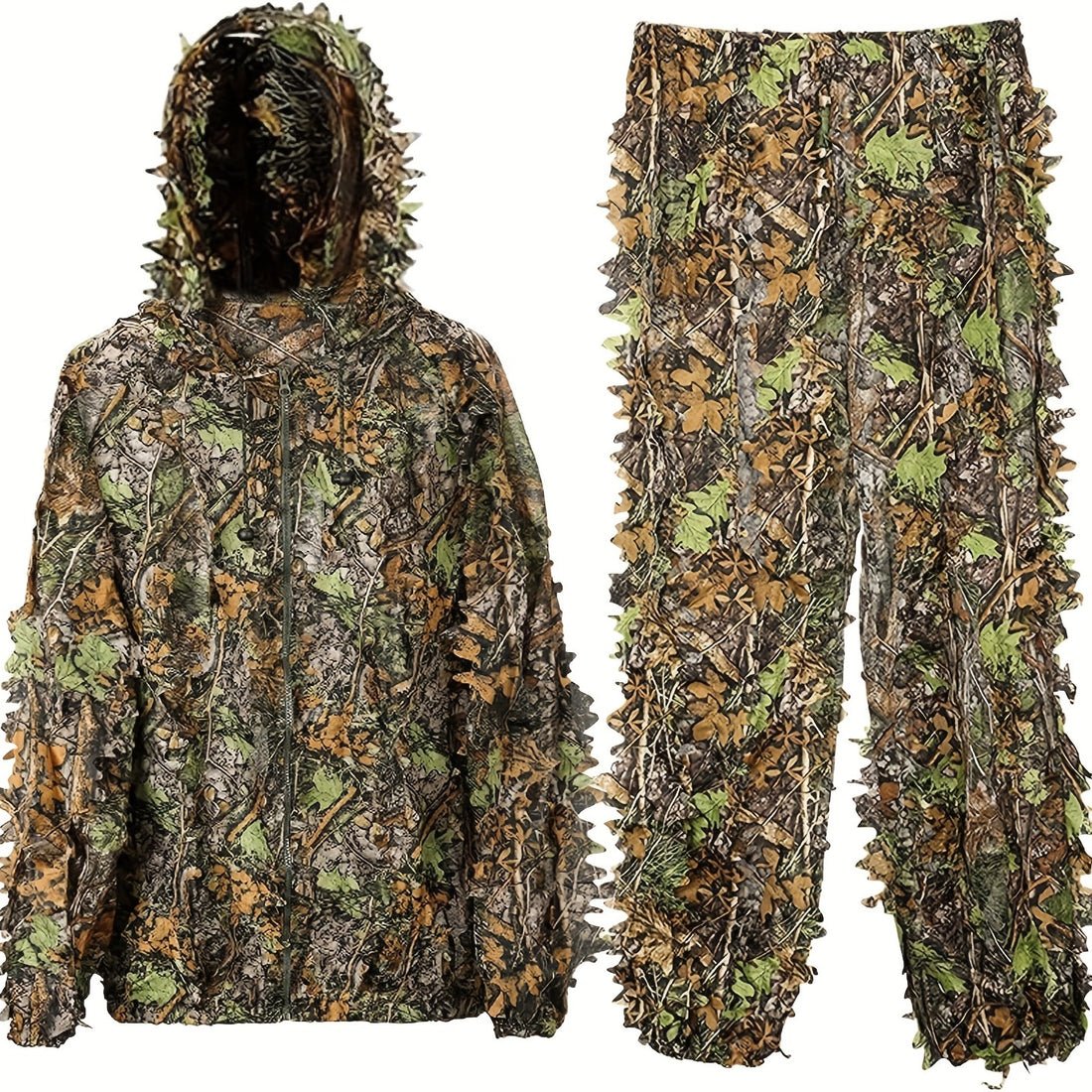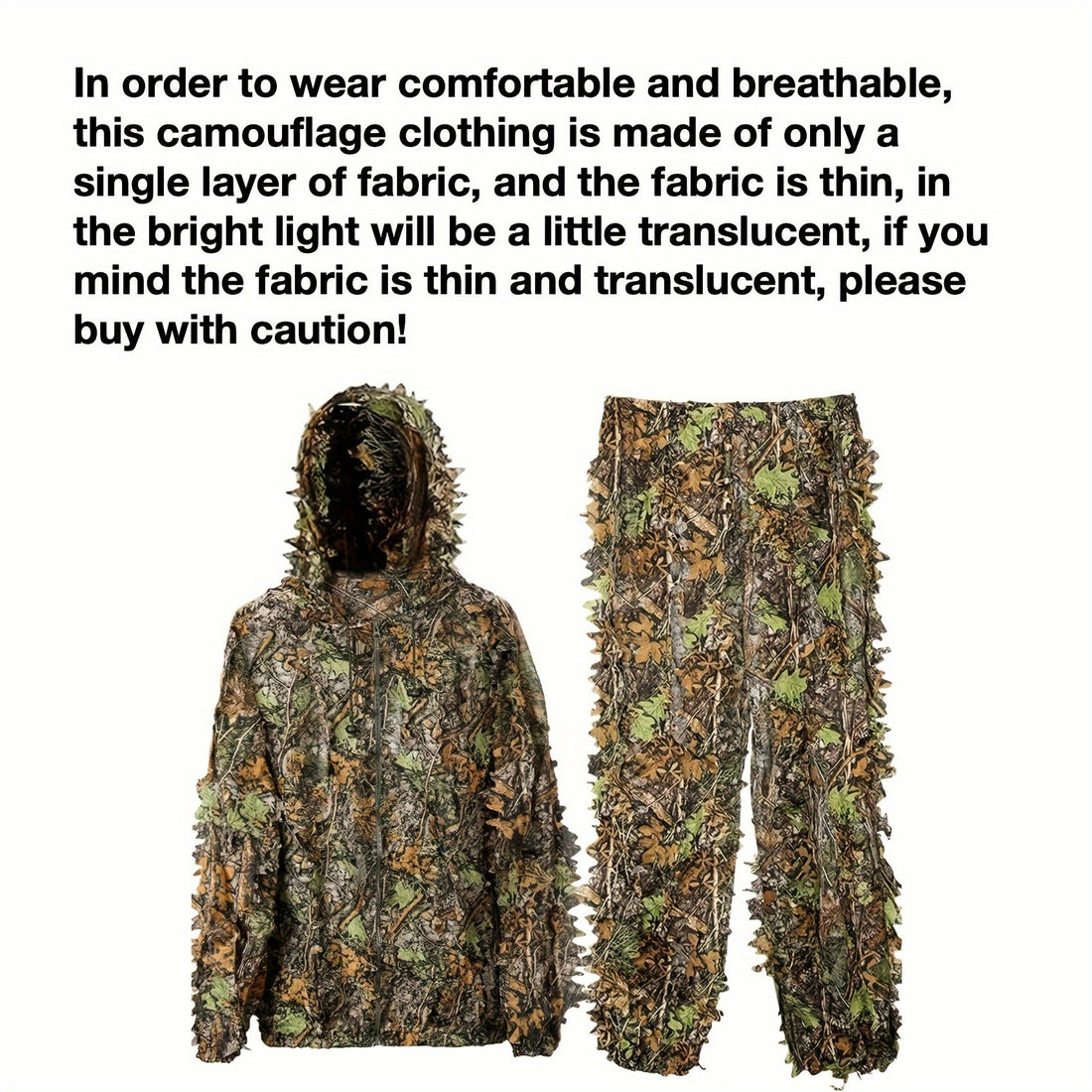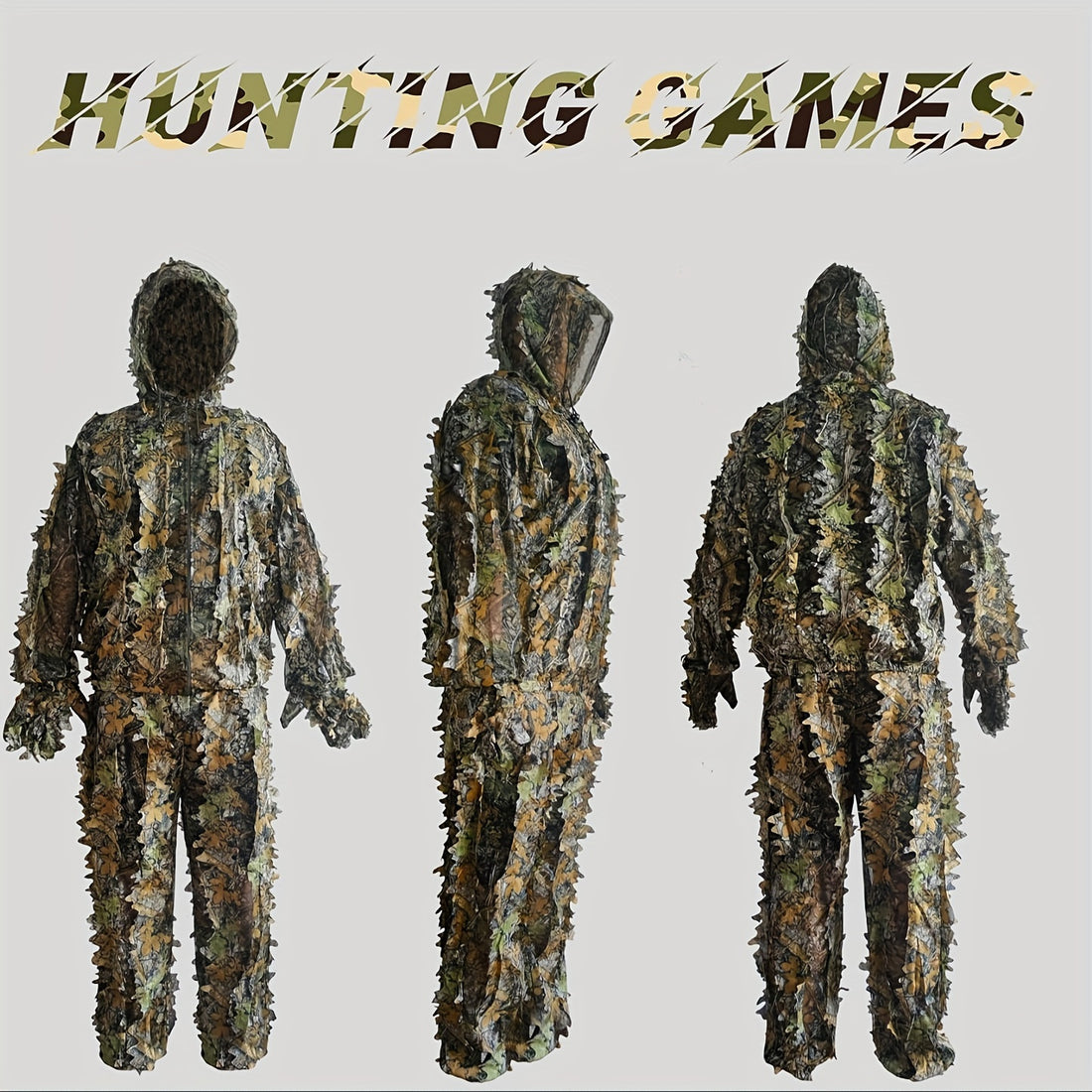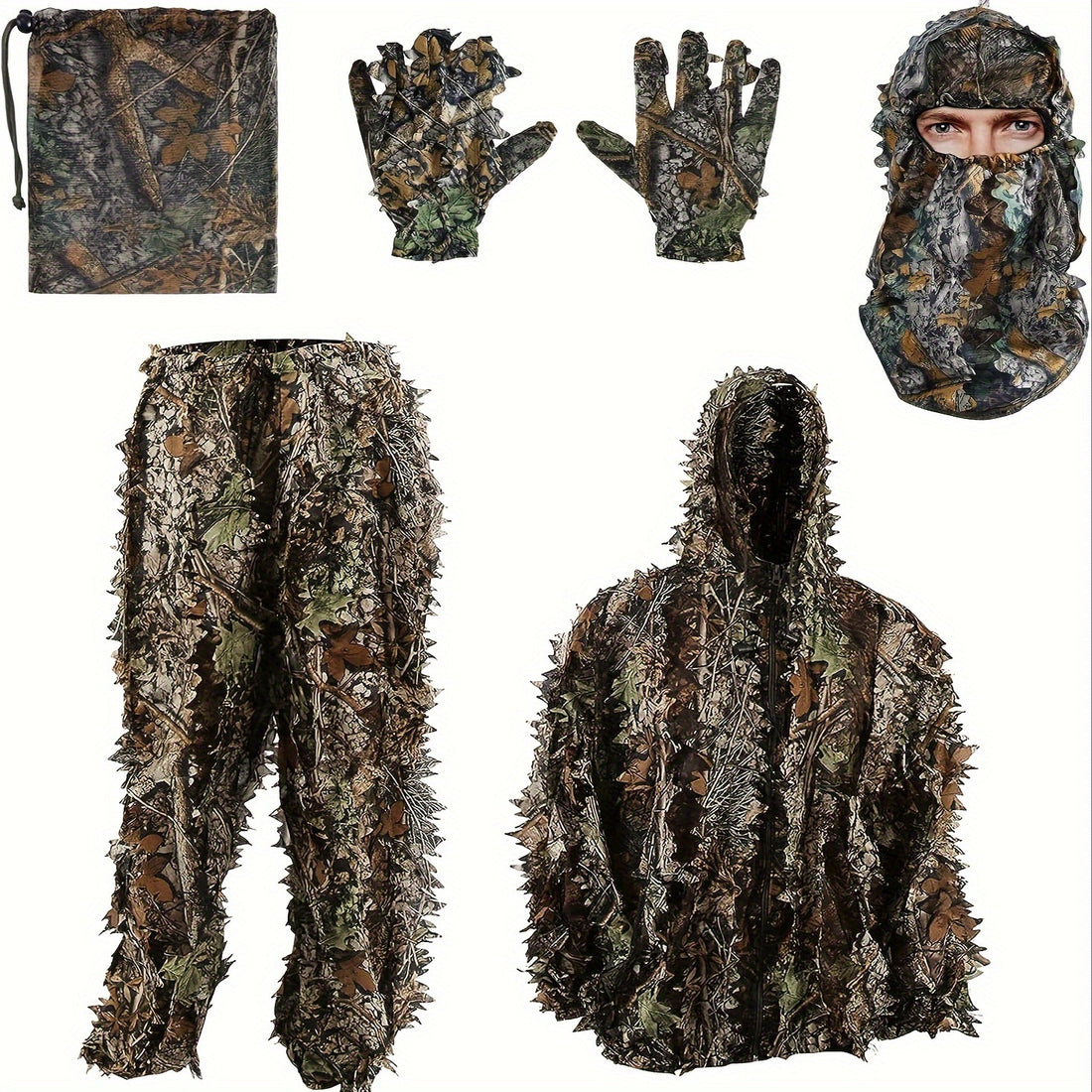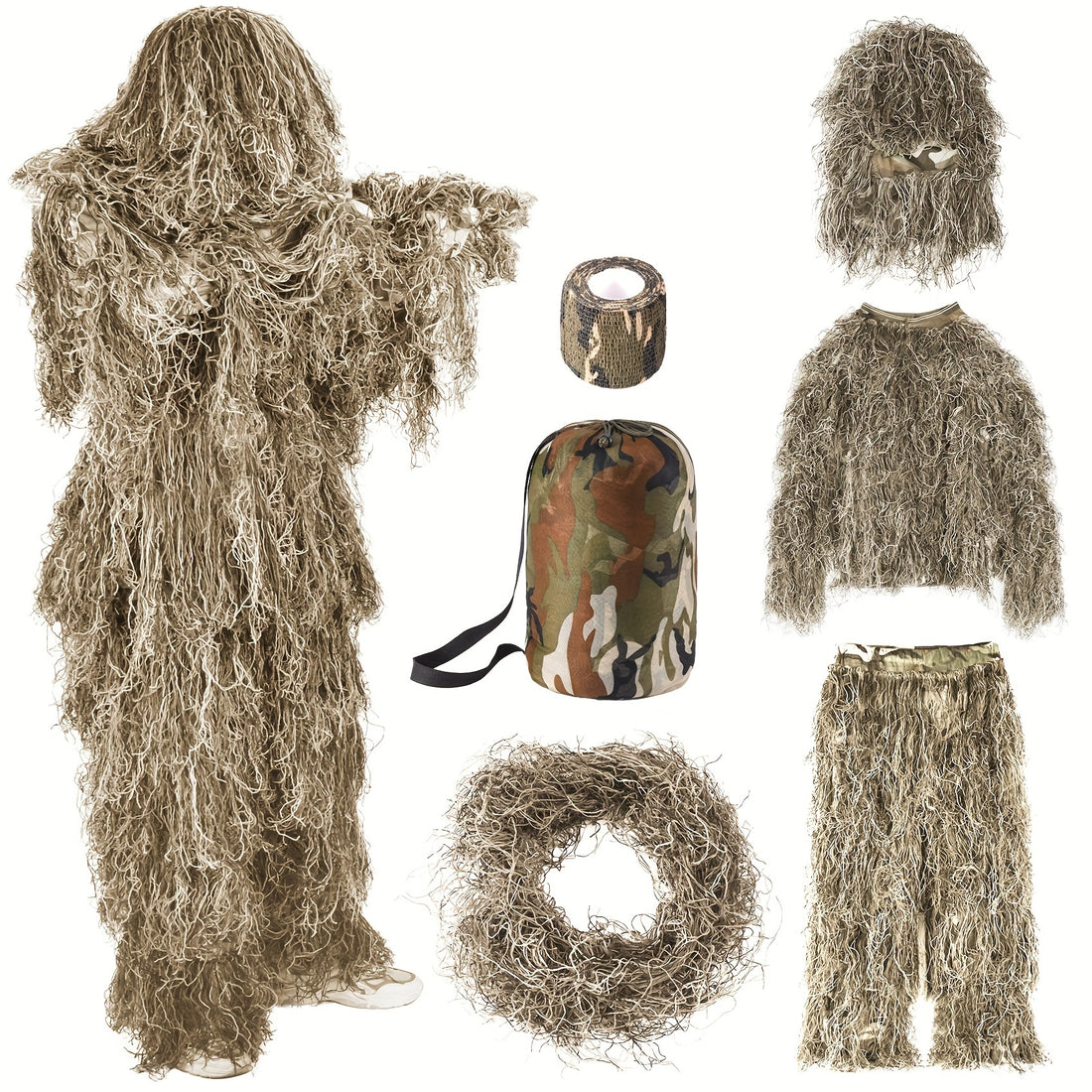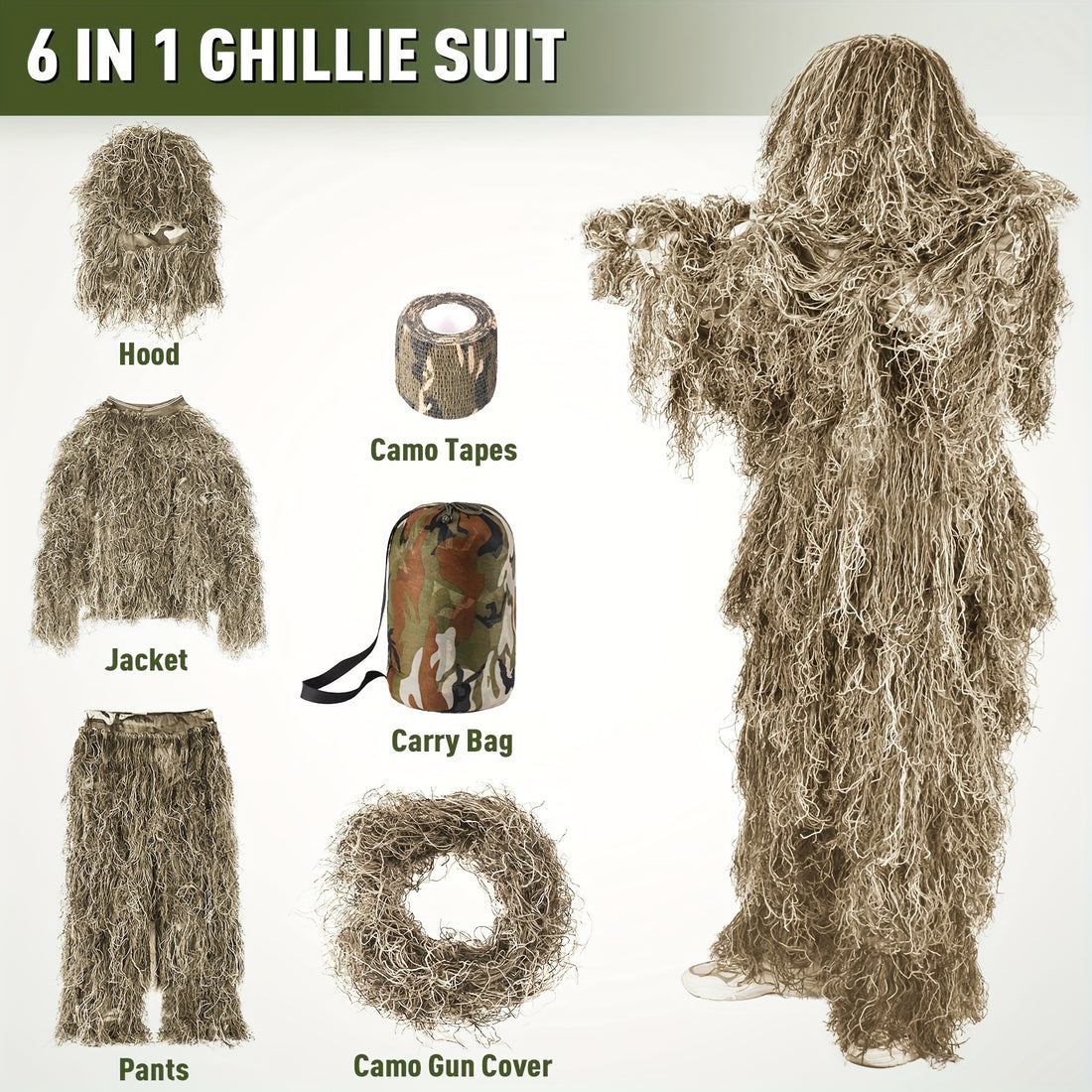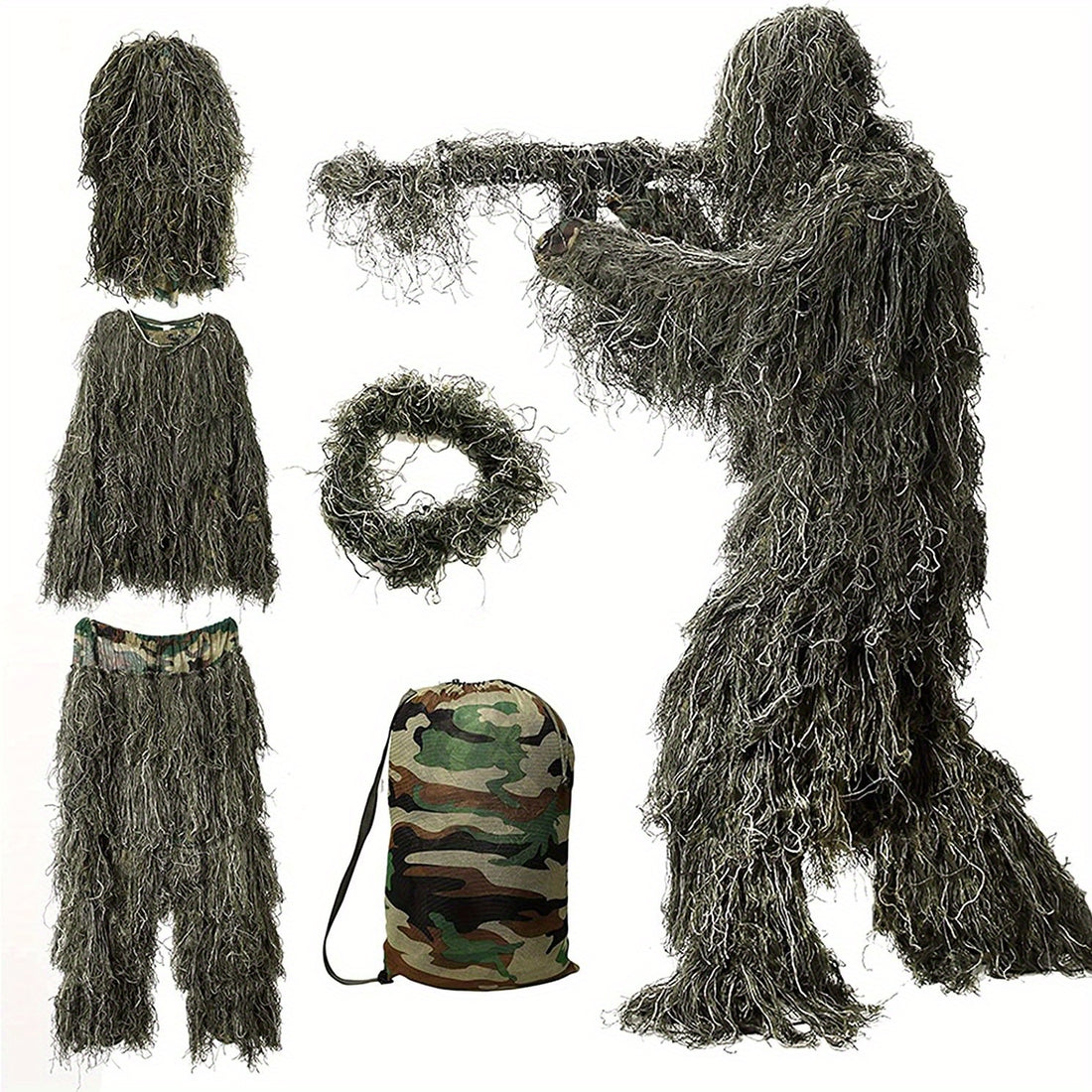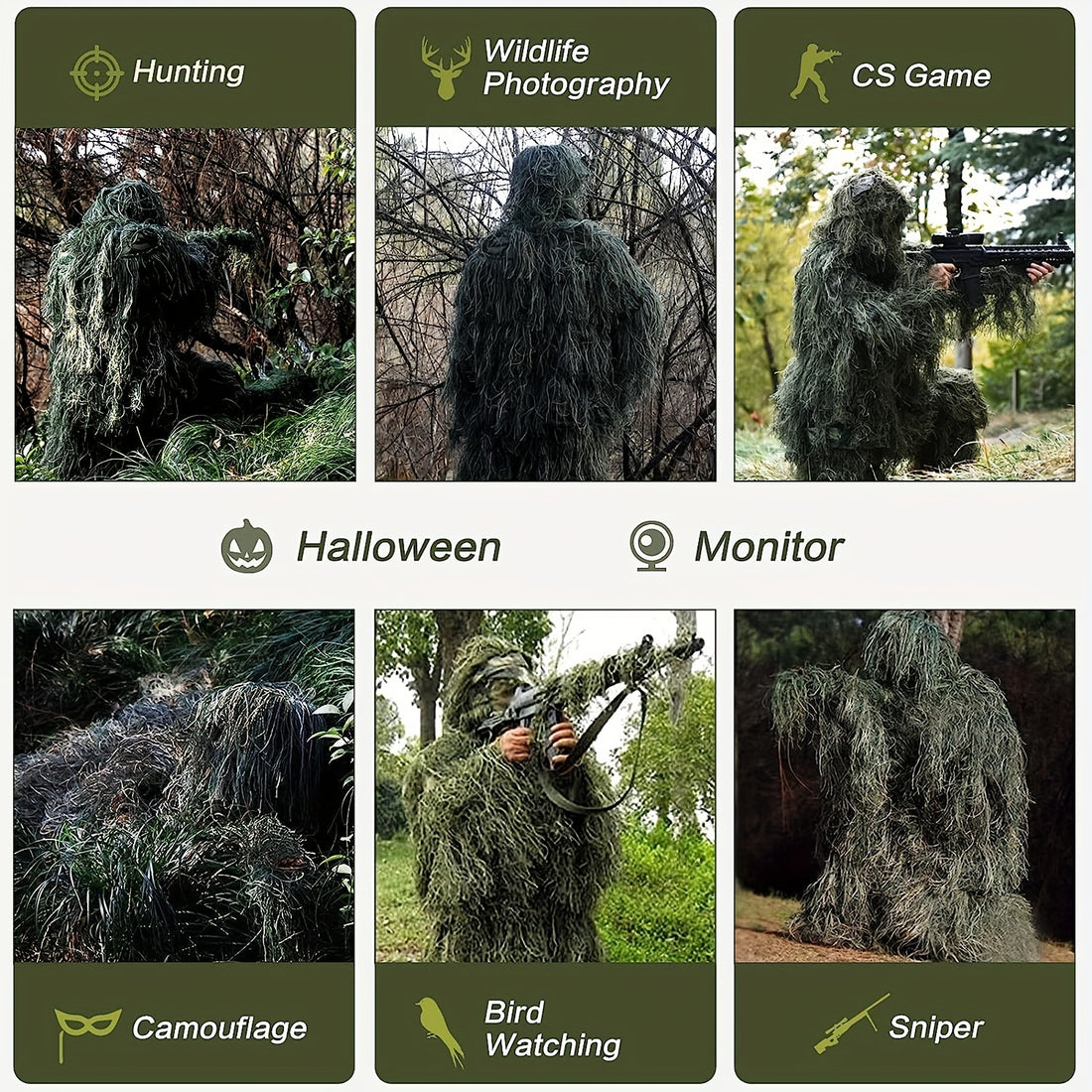Quality rest in the field is essential, whether you're a professional operator, an outdoor enthusiast, or preparing for emergencies. Tents provide shelter, but sleeping on the ground can be uncomfortable, cold, and expose you to moisture or insects. Military cots, often called army cots or tactical cots, offer a reliable solution for off-ground sleeping in demanding conditions.
Here’s your guide to choosing and understanding military cots.
Why Choose a Military-Style Cot?
Military cots offer several advantages:
-
Elevation & Protection: Sleeping off the ground insulates you from cold surfaces, keeps you dry in damp conditions, and creates a barrier against insects, snakes, or rodents.
-
Durability: Built for rugged use, military cots use strong materials like reinforced polyester or nylon canvas and robust frames, typically high-strength aluminum alloys, to support significant weight (usually 300–500 lbs or 136–227 kg) and withstand frequent setup and teardown.
-
Portability: Despite their strength, most cots fold into a compact size and include a carry bag for easy transport or storage in vehicles.
-
Stability: Wide-set legs with non-slip or rubberized feet ensure stability on uneven terrain, unlike many flimsier camping cots.
- Simplicity: Military cots prioritize function with quick, tool-free setup, often using scissor or X-frame designs.
Key Features to Consider When Choosing a Military Cot
If you're considering a military cot for field operations, extended camping, bug-out scenarios, or disaster preparedness, consider these quality features:
1. Frame Construction and Material
The frame is the cot's skeleton. Look for high-strength aluminum alloys (such as 6061 or 7075), which offer the best balance of strength and light weight. Avoid thin, lightweight tubing that is prone to bending.
2. Fabric Type and Strength
The cot bed material must be tough and resistant to abrasion. Seek out fabrics like 600D or 1000D polyester, which are much more durable than the materials used on standard camping cots. A water-resistant or polyurethane coating is also beneficial for weather protection.
3. Weight Capacity and Dimensions
Always check the manufacturer's rated weight capacity. A robust military cot should support at least 300 pounds, with many heavy-duty models accommodating 400-500 pounds. Also, ensure the cot's length and width are comfortable for the user.
4. Stability and Leg Design
Stability is paramount. Look for a cot with a wide, splayed leg design and rubberized feet. This provides a solid base on soft ground, snow, or uneven surfaces, preventing the legs from sinking or shifting.
5. Portability: Packed Size and Weight
While durable, these cots are not always lightweight. Expect a quality model to weigh between 15 and 25 pounds. Check how compactly it folds and the durability of its carrying case for transport and storage.
Military Cot vs. Regular Camping Cot: What’s the Difference?
Both serve a purpose, but the demands differ:
| Feature | Military-Style Cot | Standard Camping Cot |
| Primary Focus | Durability & Reliability in harsh conditions | Lightweight & Affordable for casual use |
| Frame | Heavy-duty aluminum or steel | Lighter, often thinner aluminum |
| Fabric | 600D - 1000D+ reinforced polyester | Lighter denier polyester, sometimes canvas |
| Weight Capacity | High (300 - 500+ lbs) | Moderate (200 - 300 lbs) |
| Stability | Excellent, with wide legs | Can be wobbly on uneven ground |
How to Choose the Right Military Cot: Questions to Ask
Ask yourself these questions to find the best fit:
- What is my primary use? Is it for a hunting base camp, an emergency preparedness kit, or frequent car camping? This determines the priority of durability versus portability.
- How much weight does it need to hold? Factor in your body weight plus your sleeping bag and any other gear you might have on the cot.
- Where will I use it? Will you be on soft forest ground, snow, or a rocky surface? This emphasizes the need for wide, stable legs.
- Does it fit in my shelter? Always measure the dimensions of the cot and compare them to the floor space in your tent.
- Do I need extra insulation? Remember that sleeping on a cot exposes you to the air circulation below. In cold weather, you will need a sleeping pad in addition to your bag for warmth.
A well-chosen military cot is an investment in field comfort and readiness. By prioritizing robust construction and proven design, you secure a reliable place to rest wherever your mission or adventure takes you.
While our core focus is on tactical packs and load-bearing equipment, our manufacturing expertise encompasses the entire ecosystem of durable field gear. Understanding the principles of reliability, material science, and user-centric design is what allows us to produce equipment that performs.
For businesses seeking a manufacturing partner for robust outdoor and tactical products, we offer custom solution services.




